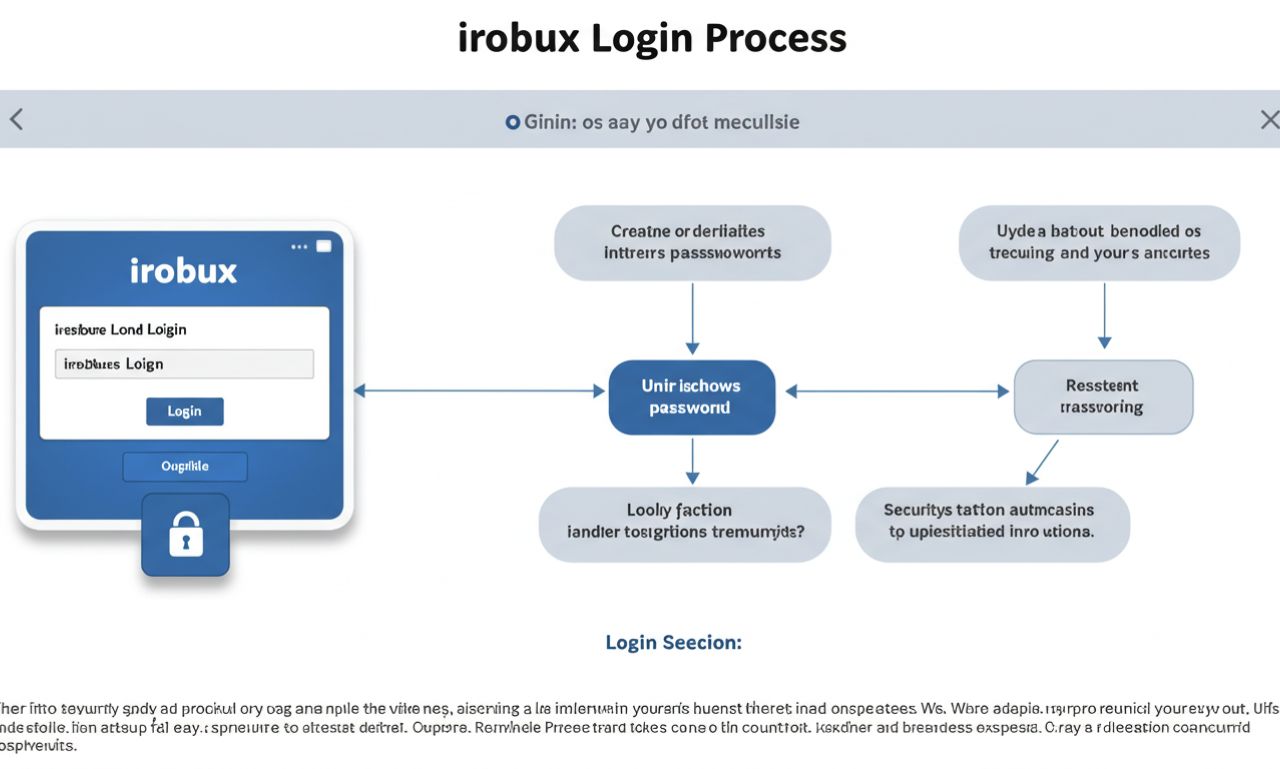Medical data is one of the most sensitive forms of personal information, and cybercriminals frequently target the healthcare sector. With vast volumes of patient records migrating to digital platforms, healthcare organizations must adopt meticulous data management strategies to ensure the integrity of their data. Central to these strategies are legacy data retention frameworks, ensuring that patient information is both protected and accessible when needed. Balancing the retention and secure disposal of sensitive patient information is crucial for safeguarding privacy and enabling effective care delivery. Poor data management can lead to significant legal, financial, and reputational risks for healthcare systems. Regular reviews of retention policies are crucial to safeguard both patients and organizations against emerging threats. Clear data retention policies are crucial for avoiding regulatory penalties and maintaining patient trust, especially in an environment vulnerable to cyberattacks.
Importance of Data Retention Policies
Data retention policies outline the timelines that dictate how medical information is handled throughout its lifecycle. They specify the duration for storing patient data and set procedures for its secure deletion. The right policy ensures that healthcare providers can retrieve accurate records to inform ongoing patient care and make evidence-based decisions, while also shielding patients from unnecessary exposure of their sensitive details. Comprehensive data retention practices also streamline operations, supporting efficient data retrieval, minimizing storage costs, and simplifying compliance with overlapping regulatory requirements. In an industry where confidentiality is mission-critical, robust retention policies empower organizations to demonstrate their commitment to privacy and risk mitigation.

Legal Frameworks and Compliance
Healthcare providers must navigate a patchwork of federal and state regulations governing record retention. At the national level, regulations such as the Health Insurance Portability and Accountability Act (HIPAA) require data retention for a minimum of six years; however, some states mandate even longer retention periods. Ensuring ongoing compliance translates into regular audits, policy updates, and targeted staff training. Failing to manage data properly exposes organizations to steep legal and financial repercussions. Recent years have witnessed a sharp rise in investigations and fines related to inadequate record-keeping protocols, underscoring the importance of staying up-to-date with evolving regulatory expectations.
Risks of Over-Retention
The default instinct to retain everything “just in case” can inadvertently magnify risk. Storing outdated or unnecessary medical data increases the number of potential targets for cybercriminals and complicates the containment of breaches. In 2023 alone, healthcare data breaches compromised over 133 million patient records, underscoring the devastating impact of over-retention on privacy and trust. Bloat databases are also more challenging to secure and monitor. Unnecessary data retention heightens the likelihood of exposure in the event of malicious activity or internal mishandling. Regularly evaluating and optimizing data stores not only reduces organizational liability but also strengthens the overall security posture.
Best Practices for Data Retention
- Regular Audits: Schedule thorough reviews of retention procedures to verify compliance and identify outdated records for secure disposal. Audits help spot gaps before they escalate into large-scale vulnerabilities.
- Secure Disposal: Utilize methods such as encryption, digital shredding, or degaussing to destroy data at the end of its lifecycle permanently. Never rely solely on deleting files, which can often be recovered.
- Staff Training: All team members must be educated on the importance of retention guidelines and how to implement them in their daily workflows effectively. Consistent reinforcement minimizes the risk of human error.
Technological Solutions
Modern security tools give organizations unprecedented control over their data environments. Blockchain technology, for instance, provides immutable logs of when and how patient data is accessed, enhancing transparency and accountability. Virtual Private Networks (VPNs) safeguard the transfer of records across networks, defending against unauthorized interception. Automated retention and deletion reminders, integrated with electronic health record systems, can also help streamline compliance efforts and reduce administrative burdens. For more on emerging innovations in patient privacy, see this Forbes discussion of healthcare technology.
Case Studies
Several real-world breaches illustrate the consequences of inadequate retention practices. In 2024, Montefiore Medical Center was fined $4.75 million for failing to implement strong HIPAA-compliant controls, ultimately leading to multiple violations. This costly penalty highlights the importance of organizations proactively adopting comprehensive data retention strategies and conducting regular security checks. These high-profile incidents send a clear message: adherence to both the letter and spirit of retention regulations is critical to protecting patients and organizational reputations.
Conclusion
The foundation of patient privacy in modern healthcare rests on sound data retention policies. By clearly defining how and when patient information is stored—and just as importantly, disposed of—organizations build resilience against cyber threats and regulatory pitfalls. Ongoing training, robust technological solutions, and a culture of compliance are key to ensuring data security and maintaining patient trust in an increasingly digital age.










